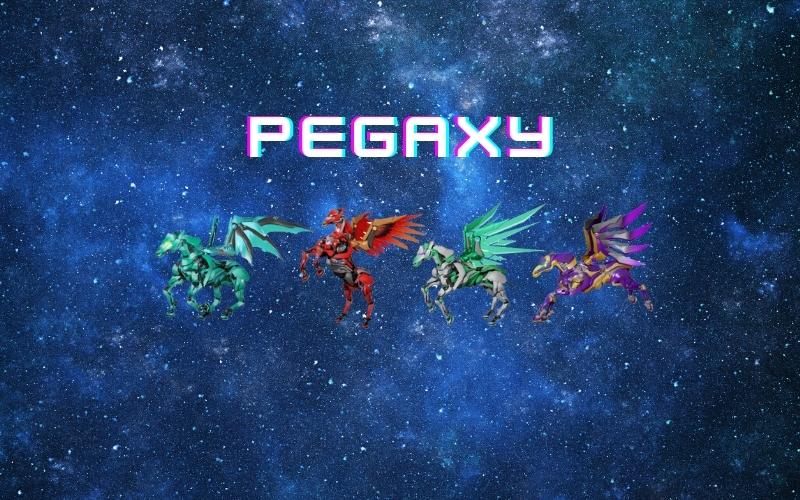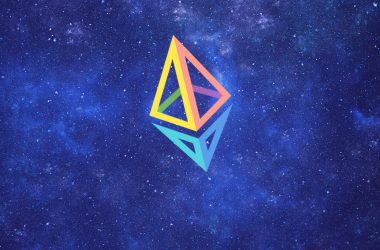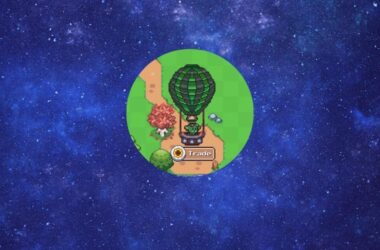- Food items and race drops coming on July 25, after weeks of waiting.
- VIS continues to lose and may add another zero to price.
- Pegaxy game NFT now above 1M simulated horses.
Pegaxy, one of the most widespread P2E games, continued for months at what looked like rock-bottom prices for Vigorus (VIS). Now, players, early buyers and NFT owners are asking once again about a plan to re-inject value into the game.
On Discord, Pegaxy players asked about the value of assets that are supposed to make the game economy work. VIS has lost around 30% in the past few days, with no end in sight to its fallout. Hypothetically, the token could lose another 90% and add another zero to its price.
With low PGX and VIS values, Pegaxy may remain a fun game, but without its P2E component. Currently, income in the game comes from winning competitions and taking the PGX prize pool. Another additional source of value is the collection of 5,105 PFP images sent out to Founding Pega owners.
Pegaxy Introduces In-Game Food Items
Another big shift is coming to Pegaxy, with food items and race drops coming in two weeks. On July 25, consumables will be launched as a sink for VIS tokens.
Additionally, the key and chest system of race drops will also go live. This will give extra incentives to players despite lower PGX and VIS values.
Pegaxy Struggles with NFT Oversupply
The Pega NFT have now crossed the 1M milestone, and have diverged from their previous floor price. With low VIS prices, new NFT minted can increase rapidly, tapping any remaining value. There is no cap to how many Pega can be minted, though some may be fused later.
The new Pegaxy PFP collection is now on OpenSea, with only 1.4 ETH traded for the days since the launch. The collection price quickly fell to a floor of 0.02 ETH. The items on offer are only the common type, with more rare items hypothetically fetching a higher resale price, if there is sufficient interest.
At the same time, the game managed to gather 5.46K players per day, claiming to have limited bots. Pegaxy is one of the gaming ecosystems with hundreds of guilds, relying on rewards to be able to keep scholars.










